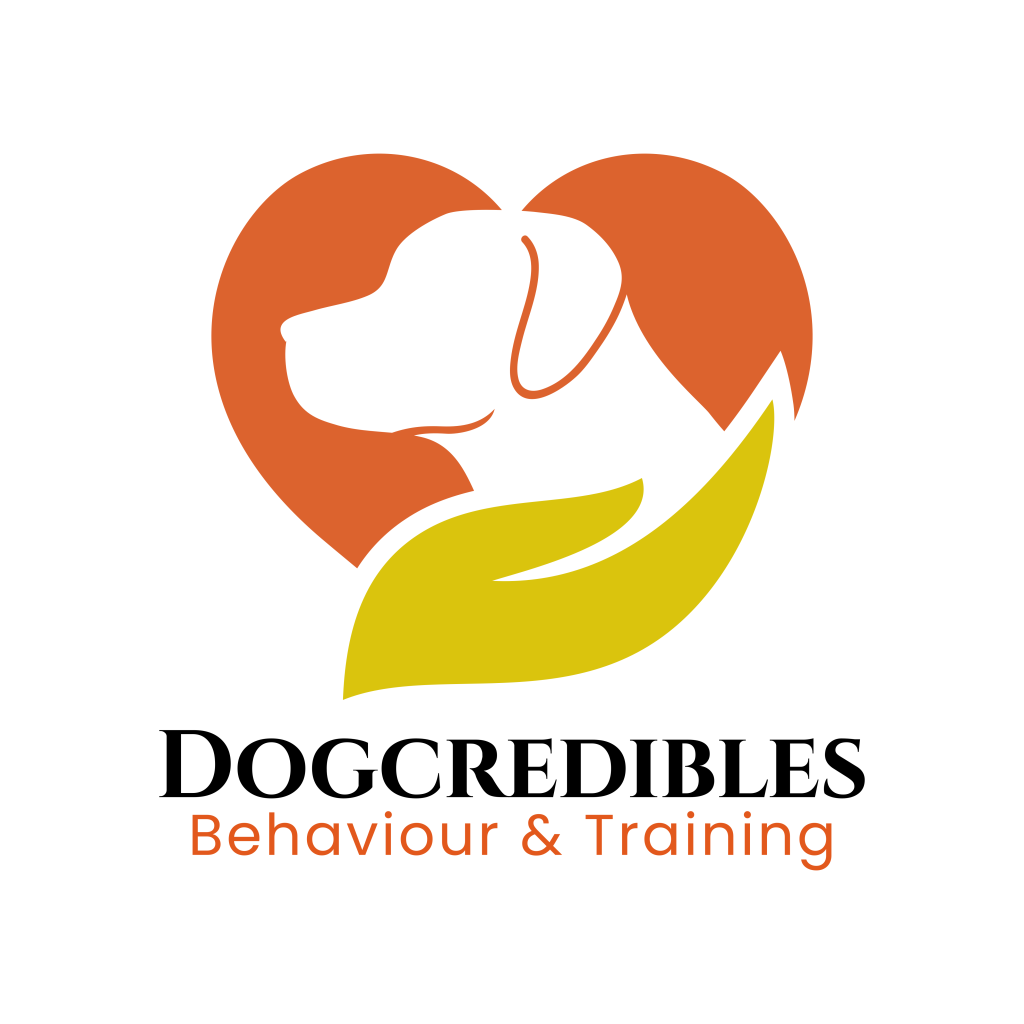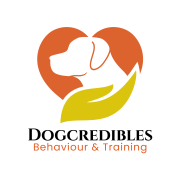
Why do behavioural problems develop?
There are a variety of reasons why behavioural problems develop in dogs. Poor environmental enrichment, insufficient exercise and mental stimulation can all be contributory factors. Boredom and frustration build up over time and can result in over-excitement, destructive or stereotype behaviours, excessive barking and even aggression.
Dogs can also display fear and develop phobias. Lack of socialisation during critical periods in early development can impact on their interactions with people and other dogs. Limited exposure to stimulus in the environment can also affect their ability to cope with new situations. If a dog feels it cannot escape the fearful stimulus, it will fight or try to flee the situation.
In considering aggression, much has been written about the concept of dominance as a constant attempt by the dog to maintain the leader position. Yet this simplifies the complexities of a multi-layered and fluid social hierarchical system that exists amongst dogs. Recent research suggests that most aggression stems from anxiety and an attempt by the dog to control its environment.
Some dogs may display behaviours that would not be tolerated by another dog and these challenges are not always recognised by the owner. Subtle signs are missed, and human concepts are often incorrectly applied to explain behaviours.
Our confusion arises because we share much in common with dogs. Our social systems are very similar. They live in extended family groups, they have extended parental care, they work as a group to help care for offspring, they play to develop social skills and like us, they have a social system based on deference to others. Whilst this has allowed for a close partnership between man and dog, it also has created a problem. We may perceive a dog’s gesture to mean one thing, whilst the dog perceives it to mean another.
A permissive style of ownership can exacerbate the situation. Unwanted behaviours are often inadvertently reinforced by owners giving constant affection. We know that dogs benefit more from clear and consistent direction as this helps them understand their role in the social order. Affection must therefore be given at the right time to promote appropriate behaviours.
Unfortunately, many dogs are destroyed or spend their lives in rescue centres because their needs are not met. Whilst this is a very sad situation, many owners genuinely want the best for their dogs. The good news is training, and behaviour modification can help improve behaviour, create new positive associations and restore trust between dog and owner.
Suggested reading for dog owners
John Bradshaw, (2011) In Defence of Dogs
David Appleby, (2010) The APBC Book of Companion Animal Behaviour
Brian Hare & Vanessa Woods, (2013) The Genius of Dogs
John Fisher, (1999) Why Does My Dog…?
